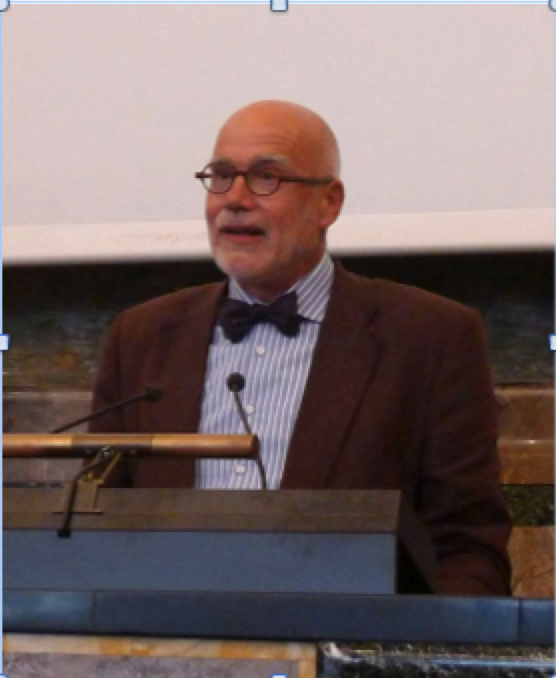A warm welcome to Professor Felix Heinzer who is spending the spring term with us as the W. John Bennett Distinguished Visiting Scholar at the Centre for Medieval Studies and the Pontifical Institute of Mediaeval Studies.

Professor Heinzer is an expert in codicology, liturgy and liturgical poetry, and the history of monastic libraries (especially those in south-west Germany). His first studies were in Philosophy and Catholic Theology at the Universities of Rome (Gregoriana), Lyon, Chur, Fribourg (Switzerland) and Bonn, and he received his doctoral degree at Fribourg with a thesis on the Christology of Maximus Confessor. After six years as a cataloguer of medieval manuscripts at Karlsruhe (Badische Landesbibliothek), in 1986 he became the Head of the Manuscripts Department at Stuttgart Wurttemberg State Library. In 2005, following his Habilitation at the University of Basel on monastic book culture and ideas of monastic reform in medieval south-west Germany (2001), Felix Heinzer was appointed Professor of Medieval Latin at the Albert-Ludwigs-Universität University of Freiburg (Germany). He has also served as the Wolfgang-Stammler-Gastprofessor für Germanische Philologie at the University of Fribourg/ Schweiz (2002-03) and as internal senior fellow at the Freiburg Research Institute for Advanced Studies (2012).
Professor Heinzer has been a member of the Unterausschuss für Handschriftenkatalogisierung der Deutschen Forschungsgemeinschaft (1990-2000) and of the committee of the Mediävistischer Arbeitskreis der Herzog-August-Bibliothek Wolfenbüttel (2003-2013), and is currently part of the Kommission für Deutsche Literatur des Mittelalters der Phil.-hist. Klasse der Bayerischen Akademie der Wissenschaften München (since 2005) and of the Wissenschaftlicher Beirat of the project “Corpus monodicum. Die einstimmige Musik des lateinischen Mittelalters” (since 2012).
Felix Heinzer will give a public lecture on 18 March 2016, entitled “’Many things newly composed for the Church’: Walahfrid Strabo († 849) and Notker Balbulus († 912) between Biblical Tradition and Poetical Innovation.”


